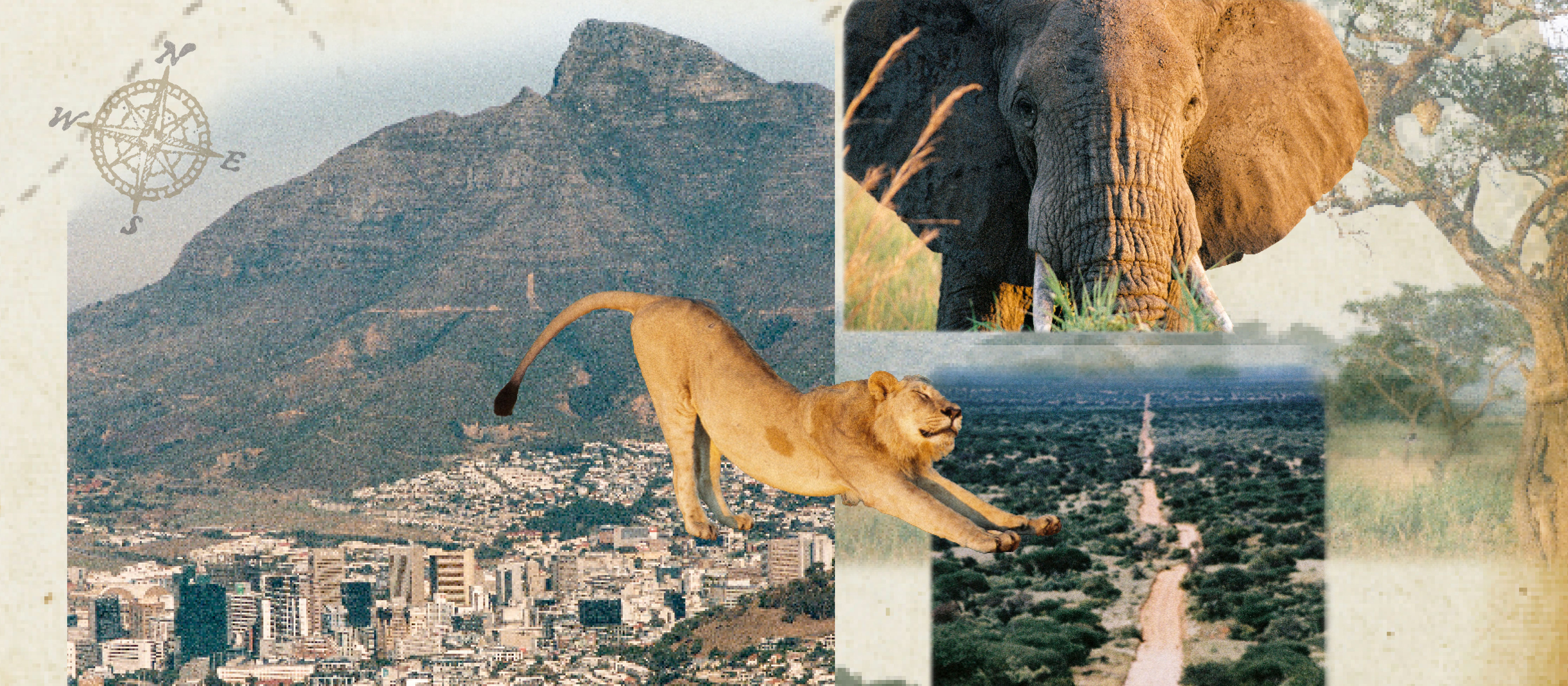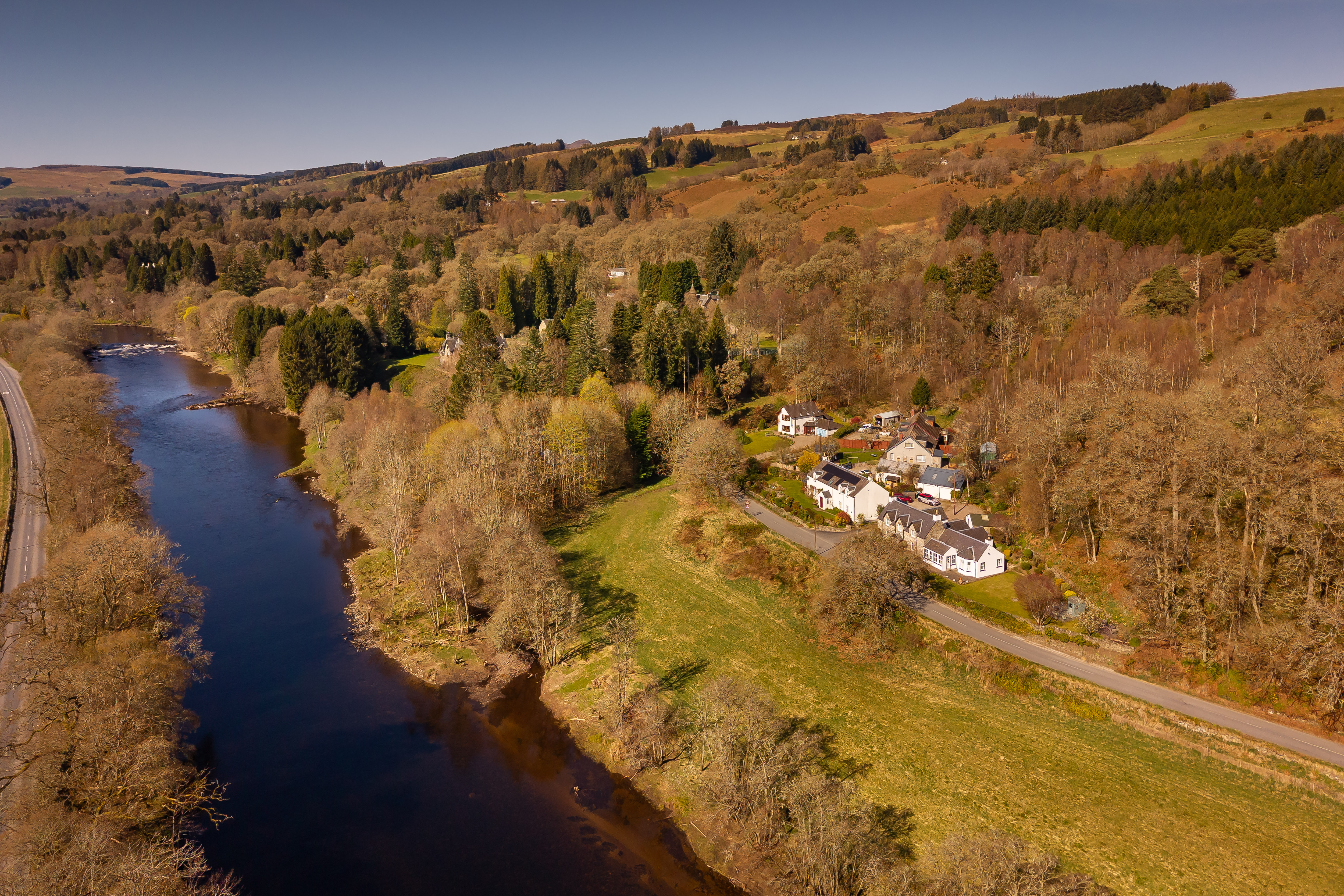Spectator - Carla Carlisle
Carla fumes as she watches traditional farms being snapped up by buyers from the City, and overseas, looking for a bargain and possessing absolutely no intention of putting the buildings or their land to use.


My favourite guests are those who invite themselves. It dilutes their expectations, so that even modest efforts sweet peas in the bedrooms, new batteries in the Robert's radios pitch the hospitality into the realm of Relais & Ch?aux.
Simon and Alice are the perfect self-inviters: they only appear at breakfast and dinner, they don't complain about dog hairs and they keep farmer's hours (disappear at 11pm). And a few days after they leave, a much wanted book arrives. This week, it was Collected Later Poems of R.S. Thomas, a generous replacement for my long-lost paperback Selected Poems.
Now that I have this new volume (hand-some, hardback, expensive), I don't know how I have lived without it. Most of the poems were written in the poet's seventies and eighties, and, like Beethoven's last quartets, they tackle the mysteries of life and death. An Anglican clergyman whose roots went deep into the earth, Thomas believed God to be Nature itself.
These are poems to read during harvest, poems to read after the miracle of 2in of rain, poems to chew over after gazing at the inch-high headline on the front page of this morning's Guardian: 'City bonuses reach record £19bn', and its subtitle: '16% increase in payments has knock-on effect on house prices and farmland'.
Two things obsess me: poetry and the price of farmland. My shelves are full of worn slender volumes. Penned above my desk are the lines from Marianne Moore's best-known poem, Poetry: I, too, dislike it...
Reading it, however, with a perfect contempt for it, one discovers in it, after all, a place for the genuine. As for my other obsession, my study is littered with clippings, files, stacks of Farmers Weekly and Farmers Guardian, all edited around the same topic: the price of land. And here is the not-so-poetic irony: as farm incomes have plummeted, farmland prices have soared. This year saw the biggest rise since rural land surveys began 12 years ago: an increase of 7% for arable land, an increase of 11% for pasture.
According to my files, the buyers are City bankers who can avoid income tax on their bonuses by buying up farmland (go figure) and Irish farmers. More than half of all land sales are to non-farmers.
Sign up for the Country Life Newsletter
Exquisite houses, the beauty of Nature, and how to get the most from your life, straight to your inbox.
Every six months, I urge my husband to write a letter to a neighbouring farmer that begins: 'If you ever think of selling any land, we would be interested...'. It drives my husband nuts because he knows that wheat and barley won't even pay the interest. But I suffer from 'Milton Keynes panic': that in another 10 years, this farm will be surrounded by 100,000 houses.
I confess that I'm a relict who thinks that farmers who know and love the land should farm it; that the big country house is best occcupied, Mitford-style, by bucolic squires, their wives, their enormous families, their dogs: a place for the genuine. I am also a realist. Our farm income has halved in the last decade, and we support ourselves with our farm diversification. Before my son could reverse a tractor, I was telling him that he'd have to get a job in London to afford to keep the farm.
My husband says I'm like Jeremiah, the weeping prophet who watched his nation decline. He has the kind of agricultural optimism that no genetic modification can create. I stride across fields to the rhythm of a Thomas poem: The furies are at home in the mirror; it is their address.
This article first appeared in Country Life magazine on 24 August 06, 2006.
Country Life is unlike any other magazine: the only glossy weekly on the newsstand and the only magazine that has been guest-edited by HRH The King not once, but twice. It is a celebration of modern rural life and all its diverse joys and pleasures — that was first published in Queen Victoria's Diamond Jubilee year. Our eclectic mixture of witty and informative content — from the most up-to-date property news and commentary and a coveted glimpse inside some of the UK's best houses and gardens, to gardening, the arts and interior design, written by experts in their field — still cannot be found in print or online, anywhere else.
-
 Vertigo at Victoria Falls, a sunset surrounded by lions and swimming in the Nile: A journey from Cape Town to Cairo
Vertigo at Victoria Falls, a sunset surrounded by lions and swimming in the Nile: A journey from Cape Town to CairoWhy do we travel and who inspires us to do so? Chris Wallace went in search of answers on his own epic journey the length of Africa.
By Christopher Wallace
-
 A gorgeous Scottish cottage with contemporary interiors on the bonny banks of the River Tay
A gorgeous Scottish cottage with contemporary interiors on the bonny banks of the River TayCarnliath on the edge of Strathtay is a delightful family home set in sensational scenery.
By James Fisher